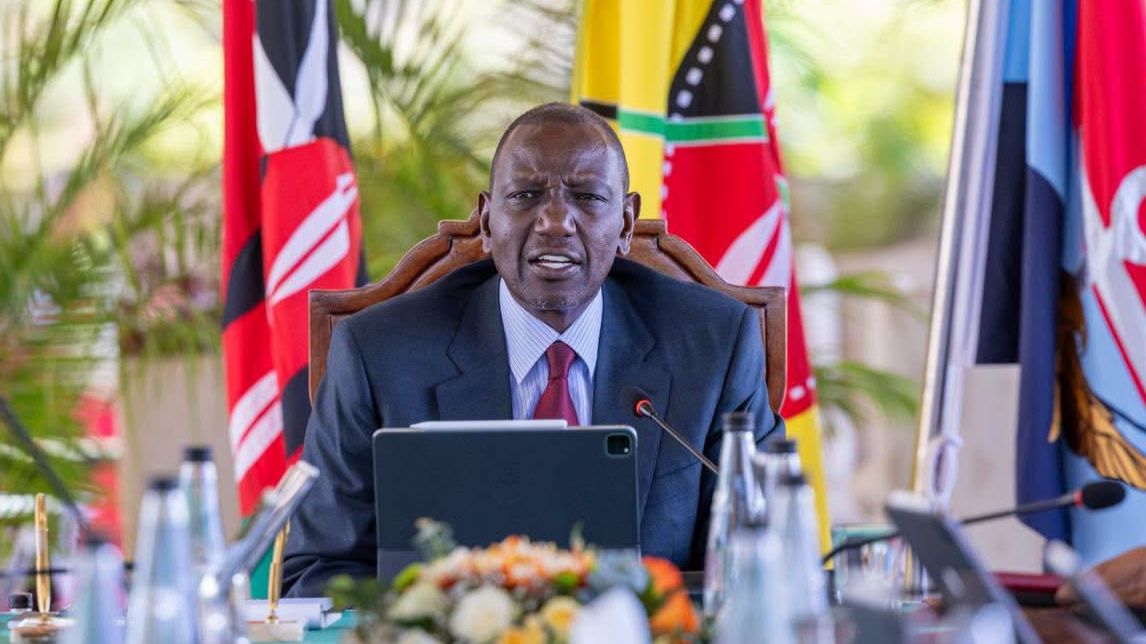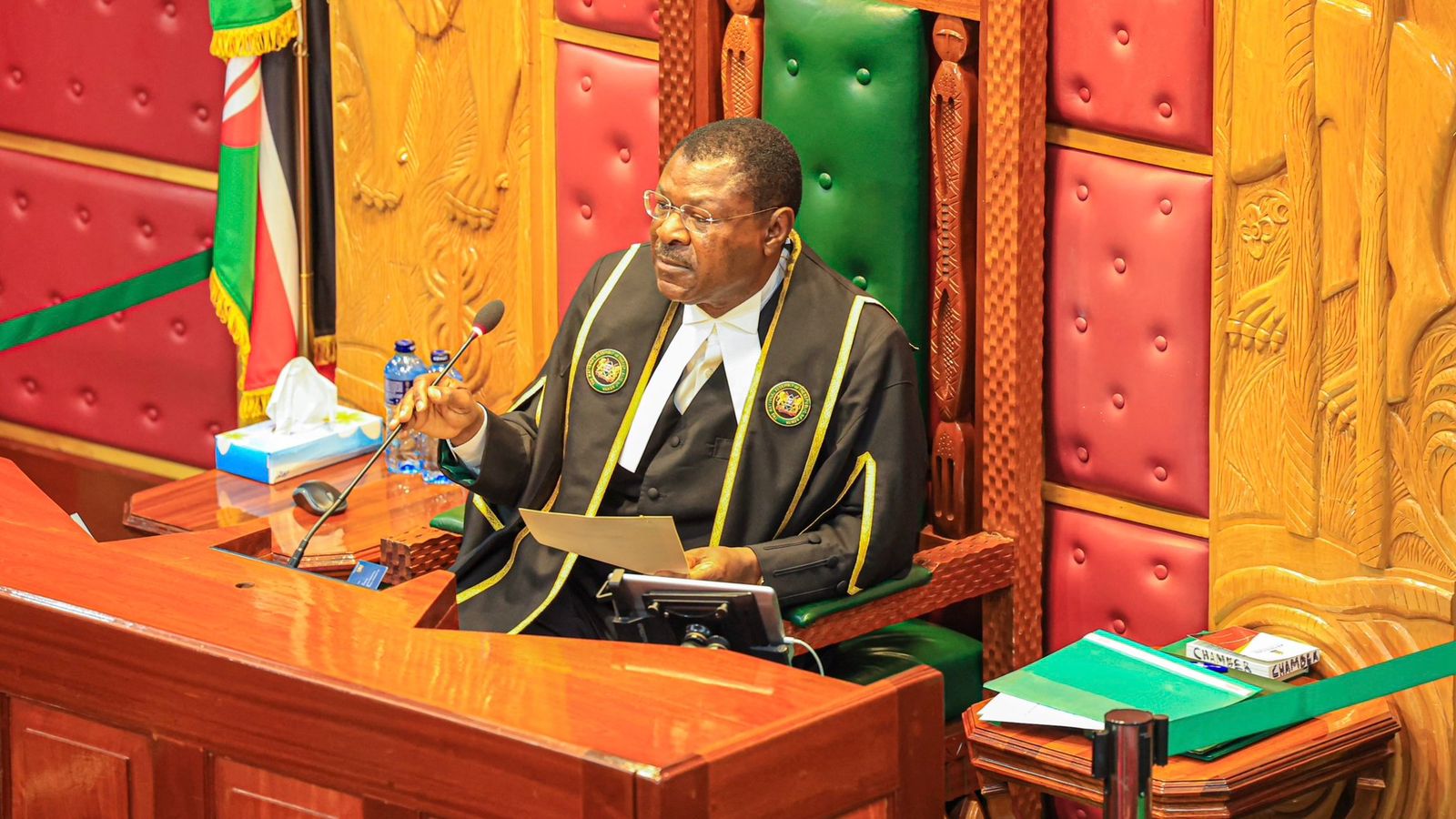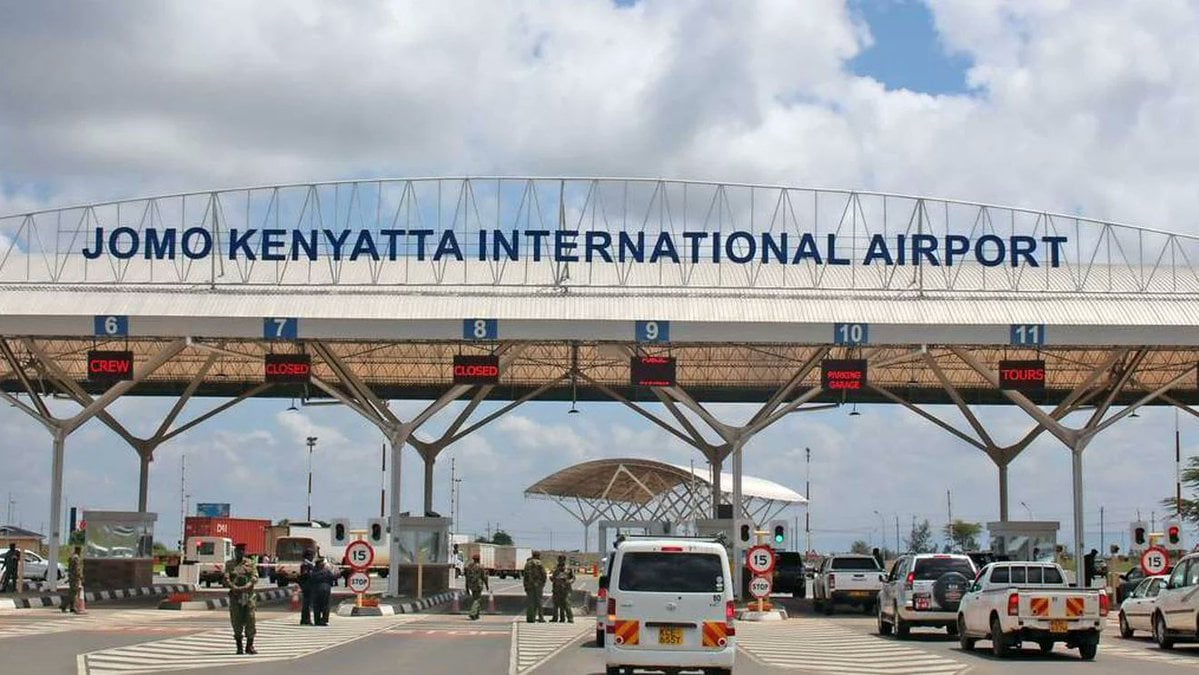The High Court has suspended the implementation of the new higher education funding model until a case filed by the Kenya Human Rights Commission (KHRC) is heard and determined.
In the ruling on Thursday, October 3, Justice Chacha Mwita issued conservatory orders halting the implementation of the model after KHRC and three other petitioners challenged it.
The petitioners argue that the funding model is discriminatory and locks thousands of students out of higher education.
The petition by KHRC, Elimu Bora Working Group, Boaz Waruku, and the Students Caucus was filed on October 13, 2023.
Justice Mwita noted that the case took longer because the Attorney-General, Education Cabinet Secretary, and the Kenya Universities and College Placement Service failed to file their submissions on time.
Read More
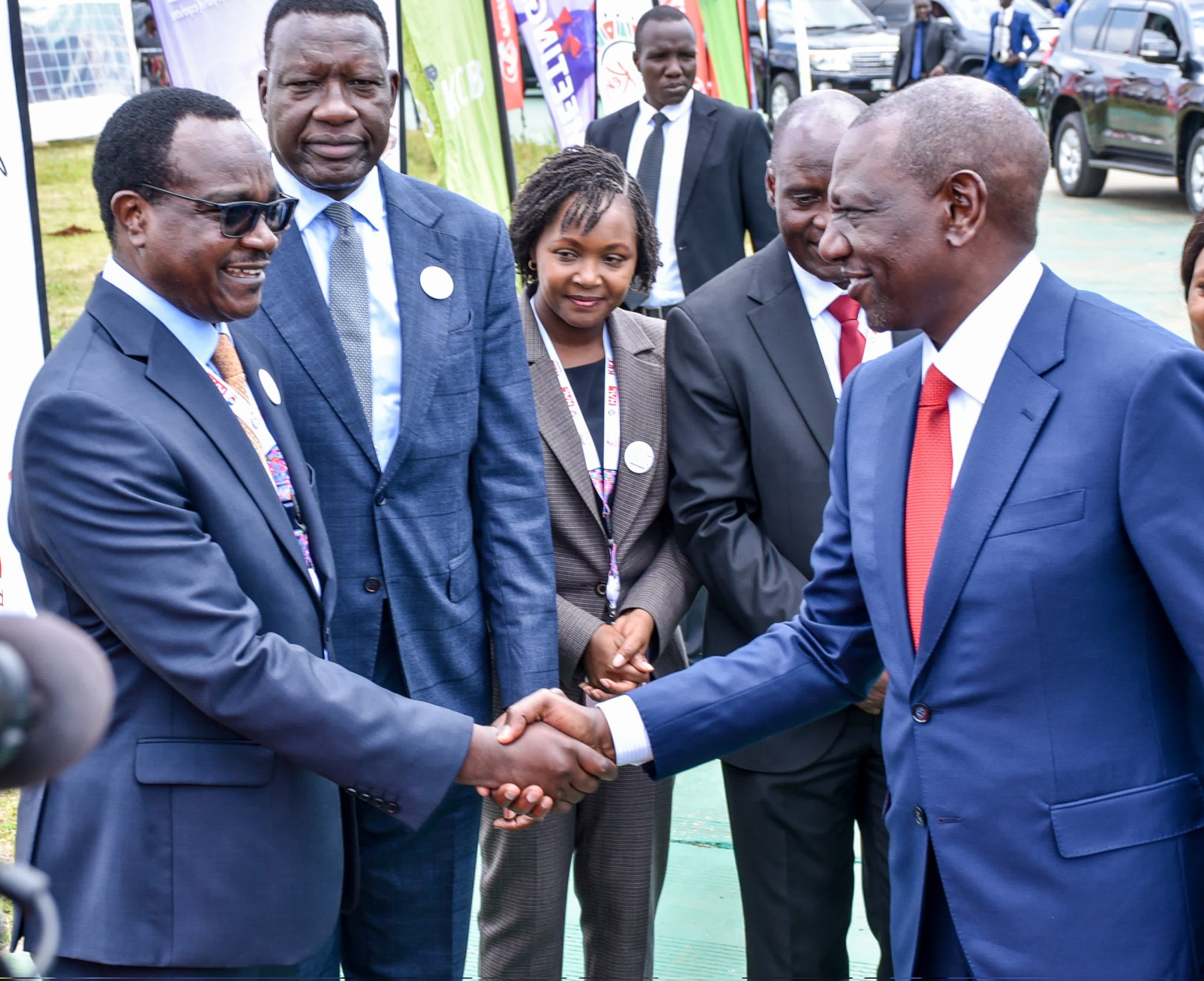
The funding model has faced significant criticism from parents and students, who argue that some students were inaccurately placed in the wrong bands.
It was unveiled by President William Ruto on May 3, 2023, with the aim of addressing challenges encountered by public universities and Technical and Vocational Education (TVET) institutions due to massive enrollment, inadequate funding, and debts incurred by public universities.
The main difference between the previous model and the current model is the fact that unlike before, universities and TVET institutions will no longer receive block funding in the form of capitation. Instead, funding for students will be provided through scholarships, loans, and household contributions.
Under the new model, the Universities Fund will offer scholarships to students ranging from 30% to 70% based on their level of need. The level of need will be accessed through the Means Testing Instrument (MTI) tool, which will place students under five bands.
Read Also: Analysis of New Higher Education Funding Model: Key Issues Raised and Government's Mitigation
President Ruto recently appointed a national committee to review the funding model.
The committee was tasked with holding consultations with stakeholders and advising the President on the way forward regarding the funding model for universities and TVETs.
The president indicated that the committee would be divided into four working groups that would be looking at various sectors, such as the refinement of the new funding model for universities and TVETs, the structure of student loans, cost of academic fees, and student categorisation.
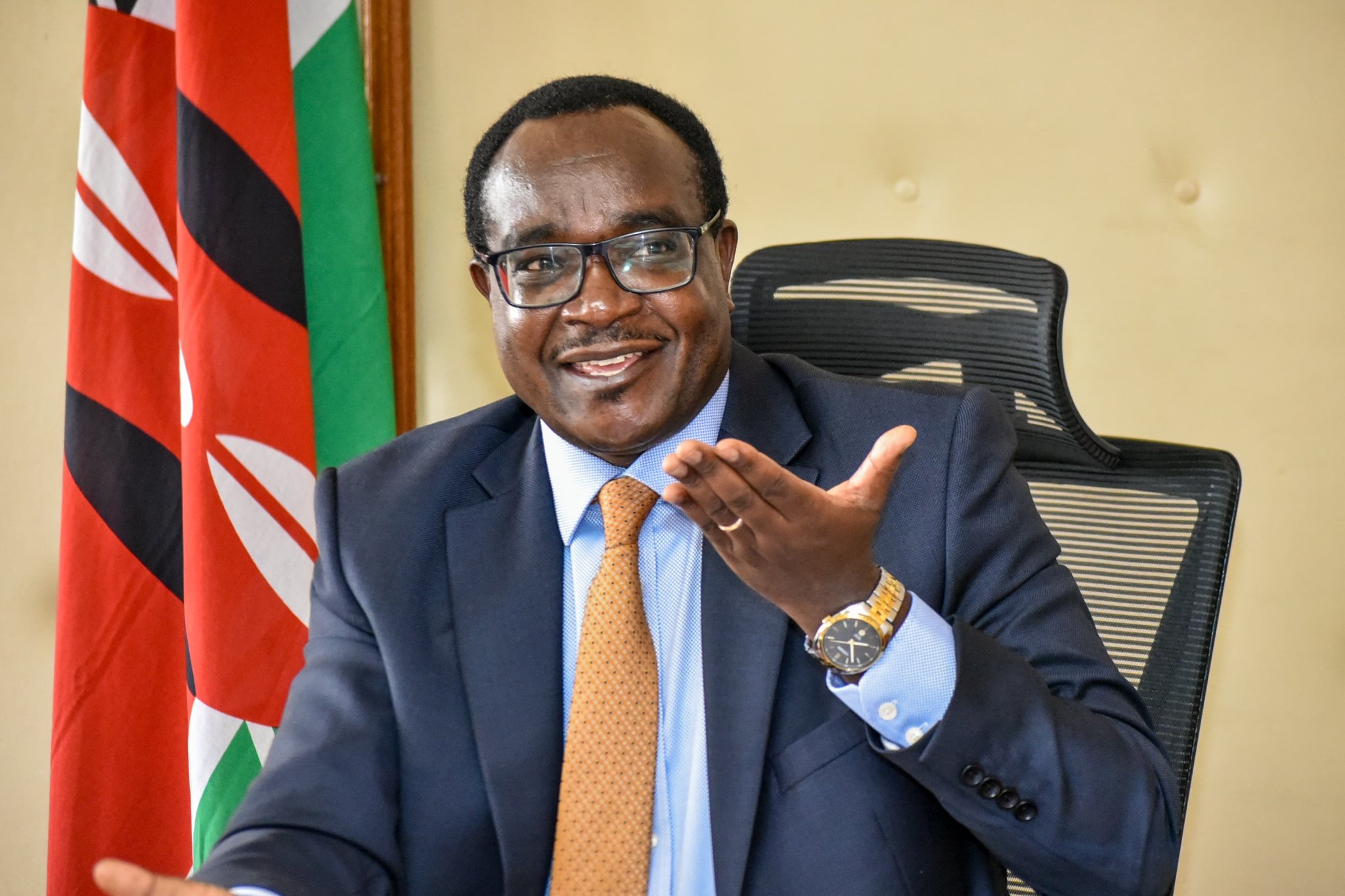
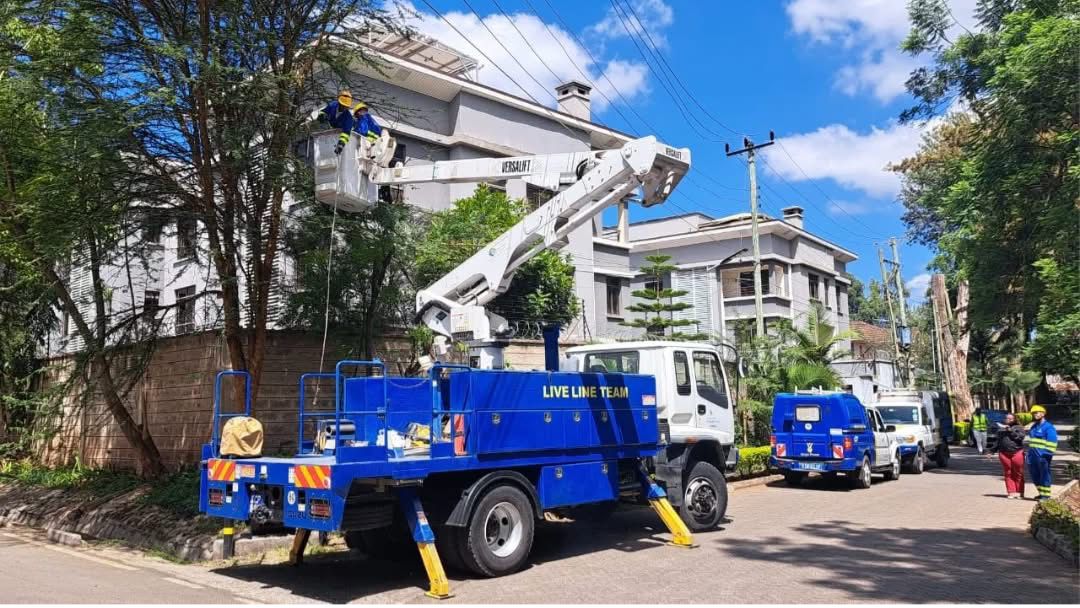
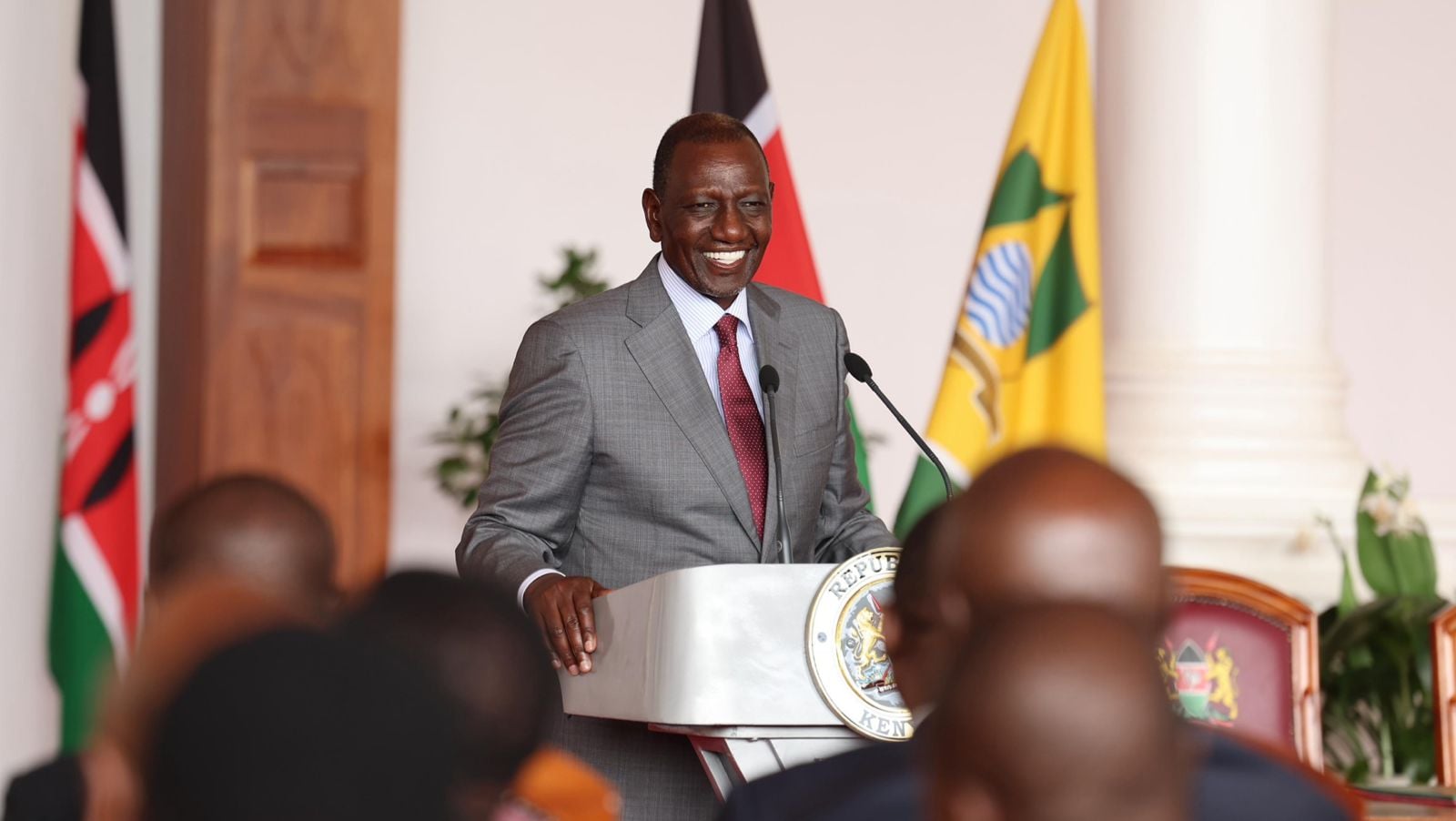
-1770784420.png)
